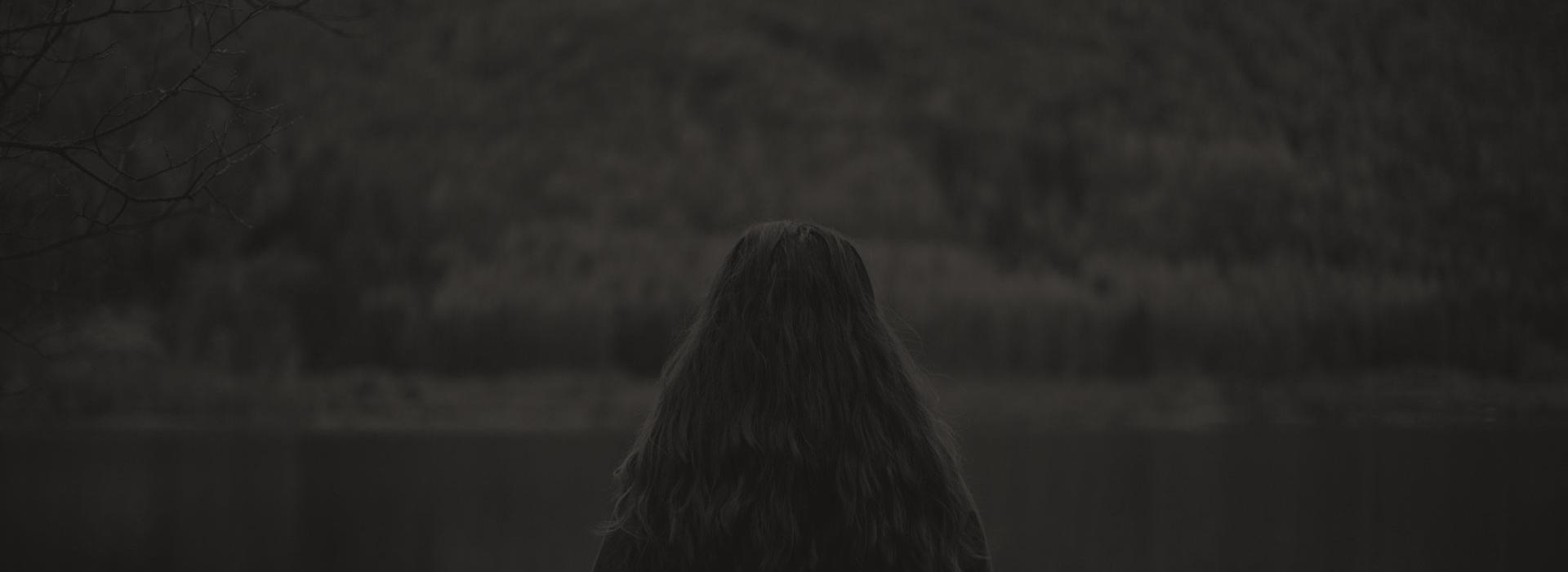
Without knowing it, we have routines and habits we act out without much thought. Think of your normal working day. You wake up, have some “free” time, commute, work the hours needed with breaks and lunch, commute home, free time then go to bed. The structure of your day may now look and feel a bit different.
Due to the uncertainty and unknowns of the current environment, we put further pressure on ourselves to work harder and smarter. Our routines can start to look like this: wake up, eat breakfast at our workspace, work the hours needed without proper breaks, eat lunch at our desk, keep working longer than we normally would, have a short amount of free time then go to bed. We lose time that we normally subconsciously reflect and restore our cognitive resources. This structure will only lead to burnout. On top of work throw in looking after your family, thinking about your loved one’s health and not being able to control certain things in your life.
A little structure can go a long way.
Start by reviewing how you are currently working and involve everyone in the household. Make it clear what time is used for working and when free time is. Set clear break times, eat lunch away from your workspace and make sure you have free time between sleep and work at both ends of the day. This structure will be fluid, so don’t beat yourself up if you don’t stick to it. Take these into consideration:
1. Manage your screen time
How often do you find yourself staring at your phone, laptop or other electronic devices? We overload ourselves with information whether it’s useful or not on a daily basis through our screens. Too much exposure to negative news leads to higher levels of anxiety and stress. We feel less in control of making a positive impact which makes us feel better. Limit your screen time. Put a structure in place that allows you to work effectively whilst giving yourself a break from a screen. The moments away from a working screen are the moments we let our brain rest and recover.
2. Don’t waste energy switching between tasks
How often do you juggle different tasks that are needing done? Do you ever accomplish them quicker when you attempt to complete them at once, jumping between each one? Research shows we like to switch tasks constantly as our brain likes new stimulus to engage us, however research shows you are likely to be a lot less productive. Use a tick box exercise. Create to do lists. Make them short and realistic. Simply do one at a time. When we complete a task our brain releases endorphins similar to when we finish exercising. One task at a time will literally make you feel a sense of accomplishment.
3. Aim for real Impact not busyness
Focus on outcomes that can make an impact. We can find ourselves being busy from the start of the working day until the end. However, you may often feel you have not made any impact or real progress in your work. Don’t be afraid to say "no" to others who ask things of you. With remote working, it can be far too easy to send a message asking something of someone and be expected to respond instantaneous. Set clear boundaries with your team members and clearly communicate what you need to complete before undertaking more work.
4. Our “Eureka” moments come in our downtime
You may find that when you are not thinking about work or in the office staring at a screen, your best ideas will come to mind. This is due to a reduction in our cognitive load and is a result of removing ourselves from personal working environments. Go for a walk, sit in the garden and stare out the window. Staring at a problem won’t solve it. By simply staring out the window for a break instead of checking our phone or catching up on the news we allow our brain to have a break and process all the information that has been inputted that day. Make time to stare out the window.
Stuart Kelly is a Performance Psychology Consultant at Eclipse. You can connect with him here.